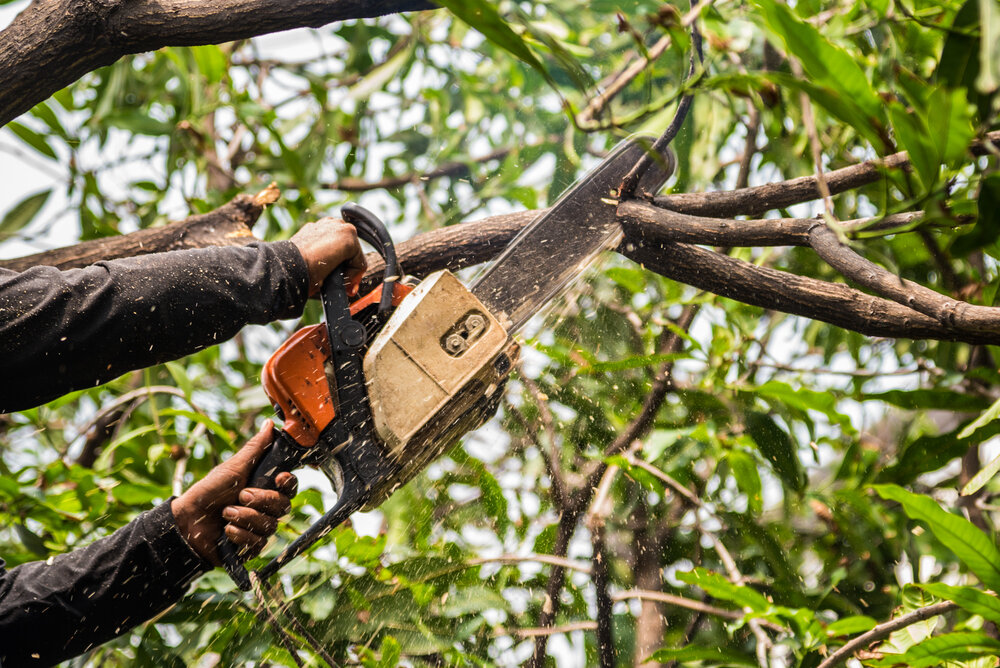Effective Natural Termite Treatment Solutions in Newnan

Termites are notorious for their ability to cause extensive damage to structures, often without detection until significant harm has been done. For homeowners in Newnan, dealing with termite infestations is a pressing concern. However, rather than relying on chemical treatments, many are turning to natural termite treatments as an eco-friendly and effective alternative. This article explores the various natural methods available for termite control, their benefits, and how they can be implemented effectively in Newnan.
Understanding Termite Behavior and Damage
Before delving into natural treatments, it’s essential to understand termite behavior and the kind of damage they can inflict. Termites feed on cellulose, primarily found in wood, making homes and other wooden structures prime targets. The most common types of termites in Georgia are subterranean termites, which build colonies underground and can access buildings through mud tubes.
Termite damage can compromise the structural integrity of buildings, leading to costly repairs. Signs of infestation include hollow-sounding wood, discarded wings, mud tubes on exterior walls, and frass (termite droppings). Early detection and treatment are crucial to prevent extensive damage.
Natural Termite Treatment Options
Several natural termite treatment options are available that are both effective and environmentally friendly. These methods aim to eliminate termites without the adverse effects associated with chemical treatments.
1. Beneficial Nematodes
Beneficial nematodes are microscopic worms that act as natural predators to termites. When introduced into the soil, they seek out termite larvae and kill them by releasing bacteria. This method is safe for humans, pets, and plants and can effectively reduce termite populations.
To use nematodes, mix them with water according to the package instructions and spray the solution around the affected areas, particularly near the foundation and other entry points.
2. Boric Acid
Boric acid is a natural insecticide that can be used to control termites. It works by disrupting the termite’s digestive system and causing them to die. Boric acid can be applied in powder form or mixed with water to create a solution that can be sprayed on infested areas.
For effective use, apply boric acid to areas where termites are active, such as wood structures, entry points, and mud tubes. It’s important to reapply as needed to maintain its effectiveness.
3. Diatomaceous Earth
Diatomaceous earth (DE) is a natural powder made from fossilized aquatic organisms. It kills termites by penetrating their exoskeletons and dehydrating them. DE is safe for humans and pets, making it an excellent natural termite treatment option.
To use diatomaceous earth, sprinkle it in areas where termites are present, such as around the foundation, in crawl spaces, and within wall voids. Ensure that the powder remains dry for maximum effectiveness.
4. Orange Oil
Orange oil is derived from orange peels and contains d-limonene, a compound toxic to termites. When applied to infested wood, orange oil can kill termites on contact and help prevent future infestations.
For application, drill small holes into the infested wood and inject orange oil directly into the termite galleries. Repeat the process as necessary to ensure all termites are eradicated.
5. Cardboard Traps
Cardboard traps are an easy and inexpensive way to detect and control termites. Since termites are attracted to cellulose, placing wet cardboard near infested areas can lure them out. Once the termites have infested the cardboard, it can be removed and destroyed.
To create a cardboard trap, wet several pieces of cardboard and stack them together. Place the trap near suspected termite activity and check it regularly. When termites are found, remove the trap and burn it to kill the termites.
Benefits of Natural Termite Treatments
Opting for natural termite treatments offers several benefits:
Environmental Safety
Natural treatments are eco-friendly and do not introduce harmful chemicals into the environment. This makes them safe for use around humans, pets, and plants.
Non-Toxic
Unlike chemical treatments, natural methods do not pose health risks to occupants. This is particularly important for households with children, pets, or individuals with sensitivities to chemicals.
Sustainable
Natural termite treatments often rely on renewable resources and can be integrated into a sustainable pest management plan.
Effective and Long-Lasting
When applied correctly, natural treatments can effectively control termite populations and provide long-lasting protection against future infestations.
Implementing Natural Termite Treatments in Newnan
For homeowners in Newnan, implementing natural termite treatments involves several steps:
1. Inspection and Identification
Conduct a thorough inspection of your property to identify signs of termite activity and determine the extent of the infestation. Look for mud tubes, frass, damaged wood, and discarded wings.
2. Choose Appropriate Treatments
Based on the inspection findings, choose the most suitable natural treatments. You may need to use a combination of methods for effective control.
3. Application
Apply the chosen treatments according to the instructions. For treatments like nematodes and orange oil, targeted application is crucial for effectiveness.
4. Monitoring and Maintenance
Regularly monitor treated areas to assess the effectiveness of the treatments and reapply as necessary. Continue to inspect your property for new signs of termite activity.
Conclusion
Natural termite treatment options provide an effective and environmentally friendly way to control termite infestations in Newnan. By understanding termite behavior and using methods such as beneficial nematodes, boric acid, diatomaceous earth, orange oil, and cardboard traps, homeowners can protect their properties without relying on harmful chemicals. Implementing these natural treatments, combined with regular monitoring and maintenance, can help ensure long-term protection against termite damage.










